The Silent Crisis: Understanding Mental Health Challenges Facing LGBTQ+ Women
Jan 16
In recent years, a troubling pattern has emerged within the LGBTQ+ community, particularly among women. With 22% of LGBTQ+ women reporting suicide attempts and an astounding 66% seeking treatment for trauma, these statistics paint a stark picture of a community in crisis. Beyond these numbers lie countless personal stories of struggle, resilience, and hope that demand our attention and action.
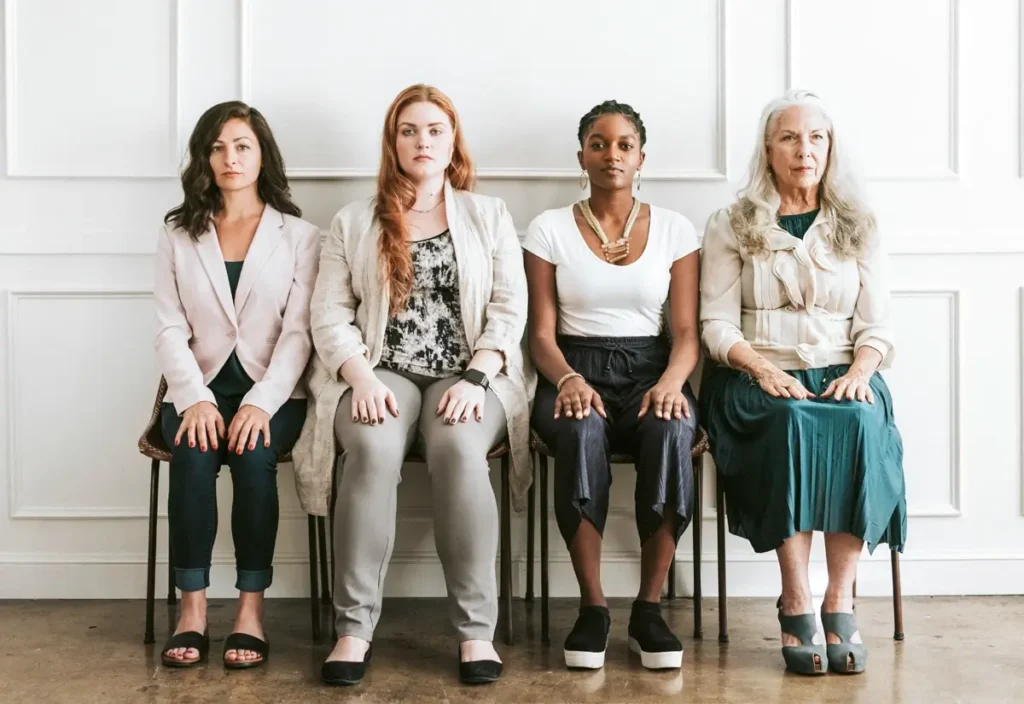
The Deep Roots of Mental Health Challenges
The mental health challenges facing LGBTQ+ women don’t exist in isolation. They stem from decades of systemic discrimination, social prejudice, and institutional barriers that continue to shape their daily experiences.
The impact of these challenges manifests in multiple ways, creating a complex web of mental health concerns that require careful understanding and targeted intervention.
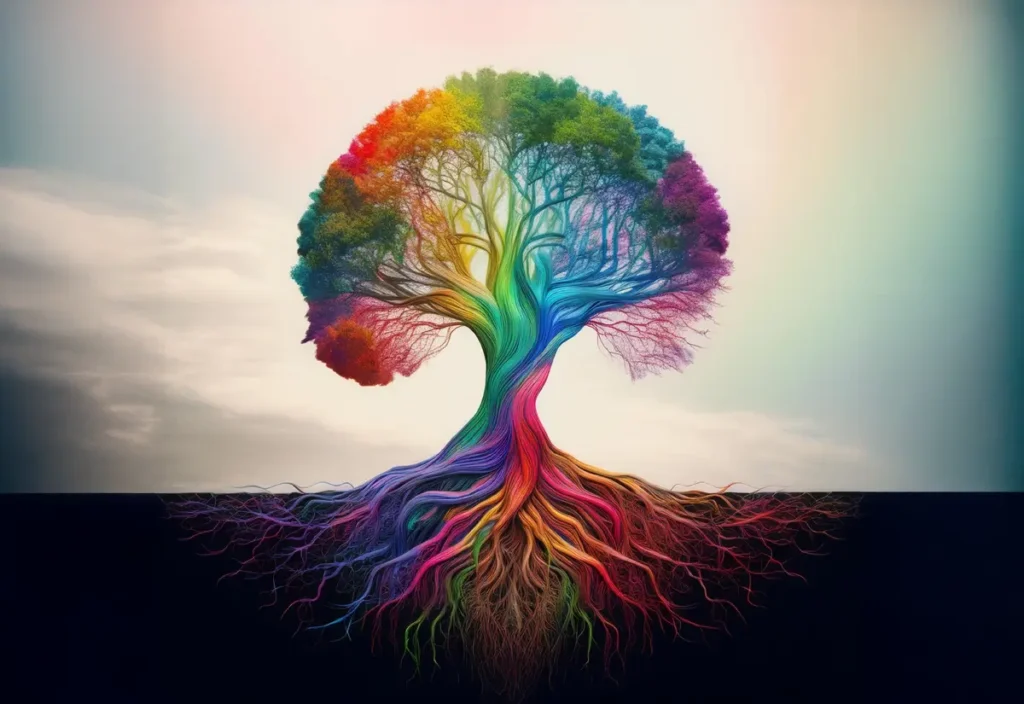
Daily Battles with Discrimination
For many LGBTQ+ women, discrimination isn’t an occasional occurrence—it’s a daily reality. From navigating workplace bias to facing healthcare inequities, these constant encounters with prejudice create a persistent state of stress and hypervigilance.
In professional settings, many find themselves passed over for promotions or subjected to subtle forms of discrimination that affect both their career progression and mental well-being.
Healthcare settings, which should provide safe spaces for healing, often become sources of additional stress. Many LGBTQ+ women report encountering healthcare providers who lack understanding of their specific needs or, worse, display overt bias. This creates a reluctance to seek medical care, potentially exacerbating both physical and mental health issues.
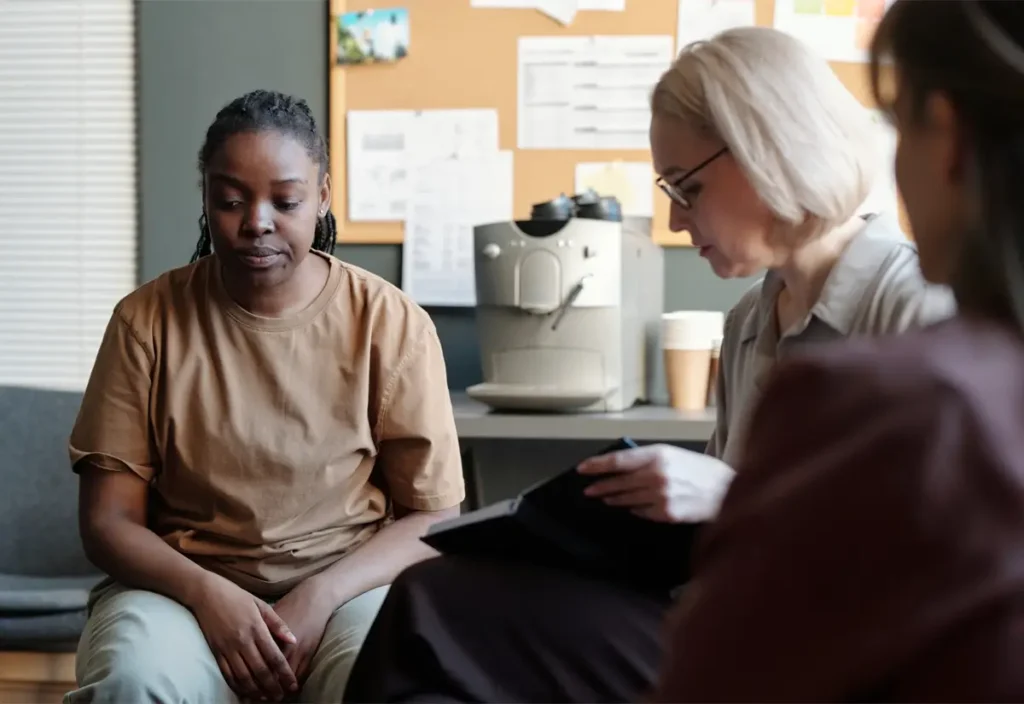
The Weight of Internal Struggles
Perhaps equally challenging are the internal battles many LGBTQ+ women face. Internalized prejudice—the absorption of society’s negative messages about one’s identity—can create deep-seated feelings of shame and self-doubt. This internal conflict often manifests in:
- Persistent anxiety about acceptance from family and friends
- The exhausting effort of hiding one’s true identity in various social contexts
- A fragmented sense of self that develops from constantly managing different personas
- Difficulty envisioning a positive future due to limited representation in society
The Trauma Factor

The high percentage of LGBTQ+ women seeking treatment for trauma—66%—highlights a critical aspect of this mental health crisis. Physical and emotional abuse rates remain disturbingly high within the LGBTQ+ community.
Domestic violence occurs at rates comparable to or higher than in heterosexual relationships, while hate crimes continue to target individuals based on their sexual orientation or gender identity. These experiences can lead to long-lasting psychological impacts, including PTSD, depression, and anxiety disorders.
LGBTQ+ women face higher rates of sexual assault compared to the general population. The trauma from these experiences is often compounded by difficulties in accessing appropriate support services or finding providers who understand their specific needs.
Despite growing awareness of their harm, practices aimed at changing sexual orientation or gender identity continue to cause severe psychological damage. While banned in some jurisdictions, these practices persist in various forms, often leaving lasting emotional scars.
Barriers to Healing
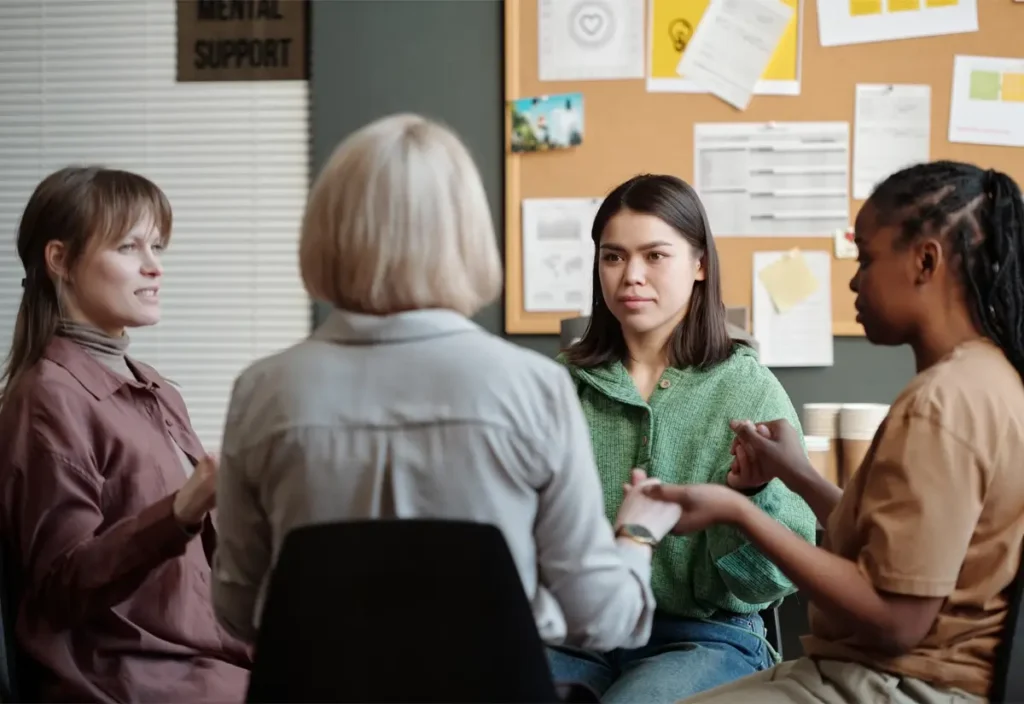
Despite the clear need for mental health support, LGBTQ+ women face numerous obstacles in accessing appropriate care. Many mental health professionals lack specific training in LGBTQ+ issues, leading to misunderstanding or minimizing of LGBTQ+-specific challenges.
Economic barriers often prevent access to quality mental health care, including high costs of therapy and treatment, limited insurance coverage for mental health services, and employment discrimination leading to financial instability.
Past negative experiences with healthcare providers can create lasting hesitation to seek help, creating a cycle where mental health challenges go untreated.
The Power of Support Systems
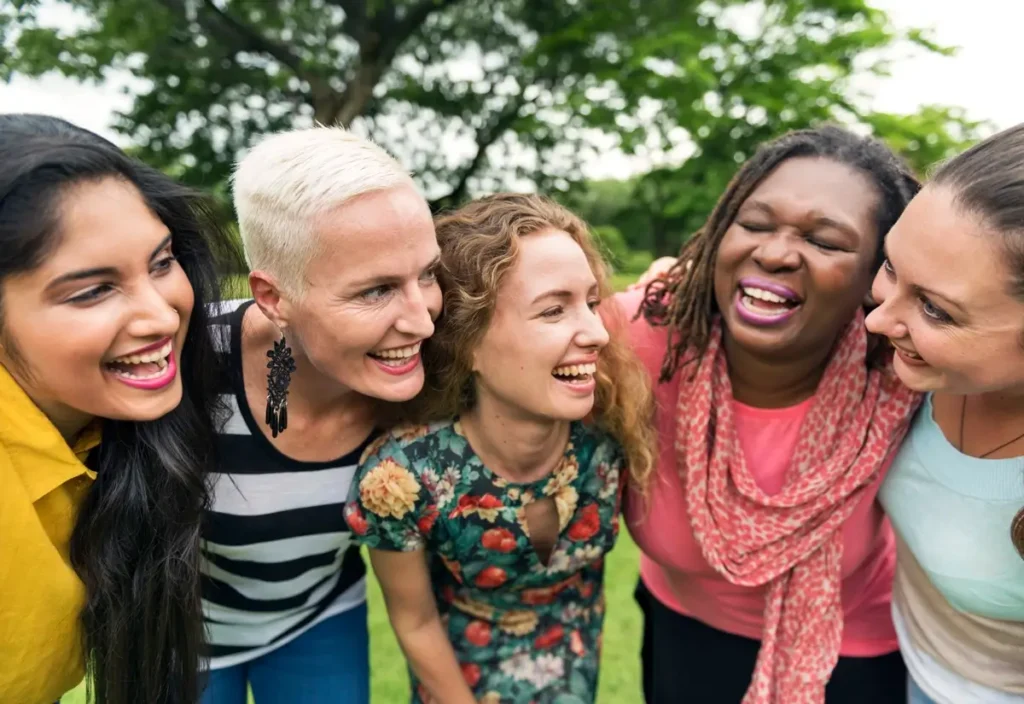
The impact of family support cannot be overstated. LGBTQ+ women who receive acceptance from their families show better mental health outcomes and greater resilience in facing societal challenges.
This support provides emotional stability during difficult times, practical assistance in accessing resources, and a foundation of self-acceptance that helps counter societal prejudice.
Local LGBTQ+ centers and support groups offer vital resources that create safe spaces for authentic self-expression. These organizations facilitate connection with others who share similar experiences and provide access to LGBTQ+-competent healthcare providers.
Paths Forward: Solutions and Hope
Addressing the mental health crisis among LGBTQ+ women requires a multi-faceted approach. Enhanced provider training must include mandatory LGBTQ+ competency training for mental health professionals and integration of LGBTQ+ health issues into medical and psychological education.
Increased accessibility through telehealth services, sliding-scale payment options, and integration of mental health services into LGBTQ+ community centers is essential for breaking down barriers to care.
The Intersection of Identity
Understanding the complexity of LGBTQ+ women’s experiences requires acknowledging intersectionality. Many individuals face multiple layers of marginalization based on race, ethnicity, disability status, economic class, immigration status, and religious background.
These intersecting identities can compound mental health challenges and require specialized approaches to support and treatment.
Technology as a Tool for Support

Modern technology offers new avenues for support and connection:
- Online support groups and forums
- Telehealth services connecting individuals with LGBTQ+-competent providers
- Apps and digital resources for mental health management
- Virtual communities providing connection and understanding
Breaking the Silence: Your Mental Health Journey Starts Here
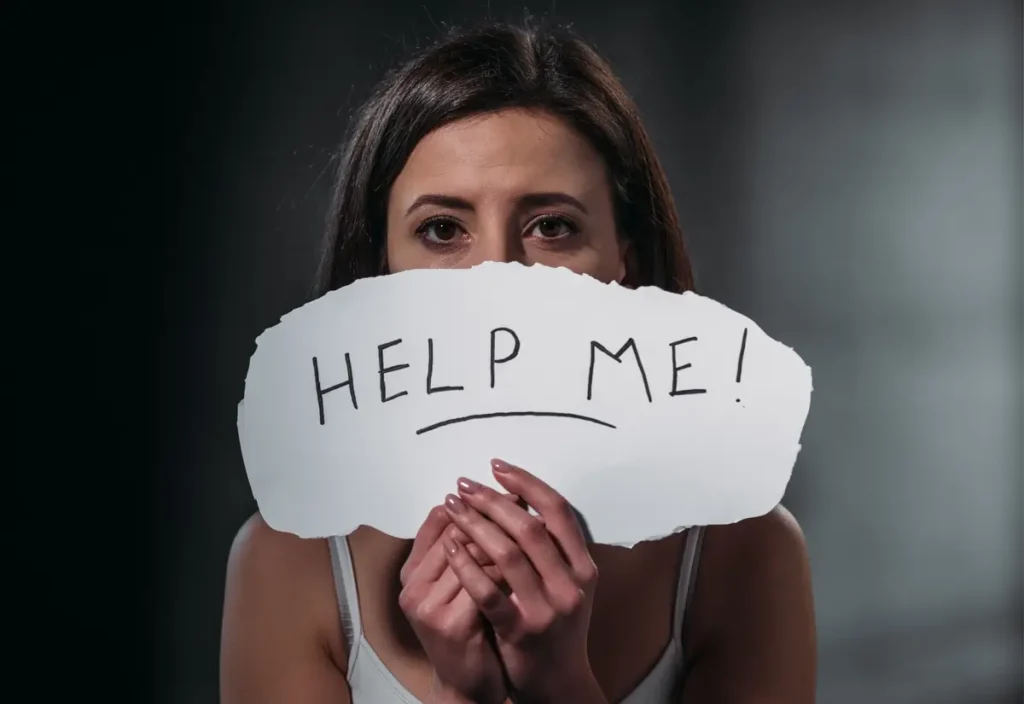
The path to better mental health begins with reaching out for support. HealthCore Clinic offers behavioral health services with professionals equipped with the knowledge and resources to help you.
Don’t let another day pass without taking care of your mental health. Contact HealthCore Clinic today at (316) 691-0249 or visit their website to schedule your confidential consultation. Your mental health matters, and you deserve support from providers who understand and respect your identity.